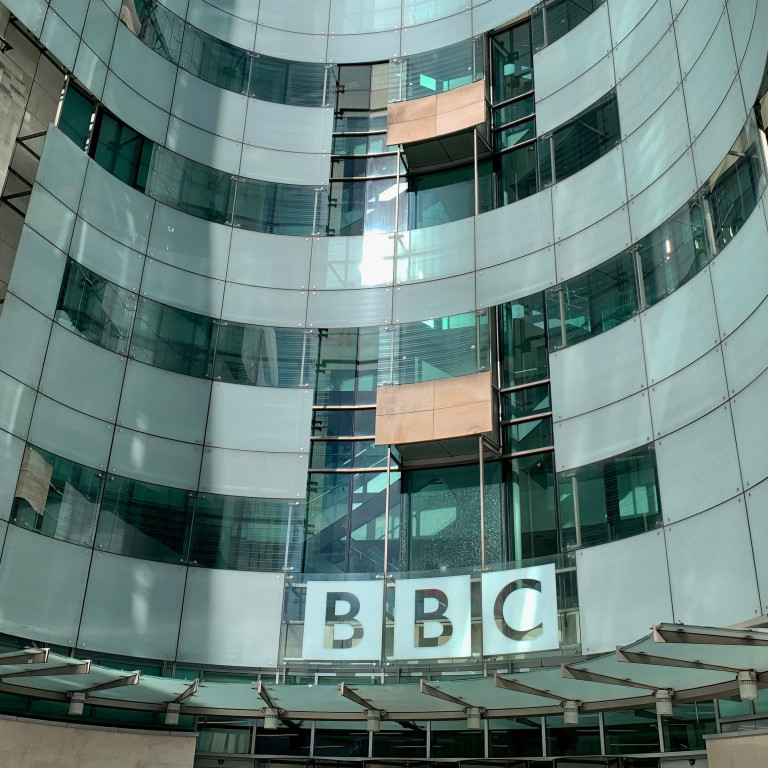There are some common myths about the ability of a limited company to prevent competitors from using its name. Often we are approached by frustrated businesses who have discovered someone else has been using their name but have no registered trade mark. They ask what protection their registered company name offers. Sadly the answer is almost nothing.
Will registering my company with Companies House protect its name?
Registering a company at Companies House offers no real protection. Having registered a company name only prevents another person from registering a company with the same or very similar name, it does not stop them from using it in business since companies can trade under a different name to their registered name (sometimes referred to as a trading style or trading name). Trading names are not registered at Companies House and Companies House has no authority over them.
Do I need a registered trade mark?
Only the owner of a validly registered trade mark has the exclusive right to use that name. This means someone could register a company in a different name to yours and still trade using your name. The consequence of this being that business should try to obtain a registered trade mark at the earliest opportunity.
How do I register a trade mark?
You can register your trade mark to protect your brand and the name of your product, service, or business, and it will last for 10 years. You must renew your trade mark every 10 years for it to stay in force.
When you register your trade mark, you’ll be able to:
- take legal action against anyone who uses your brand without your permission.
- put the ® symbol next to your brand.
- sell and license your brand.
You must send details of your trade mark and the services you want to use your trade mark on to the Intellectual Property Office (IPO). We can help with this.
If there are any issues the IPO will let you know, and you will have to resolve them before you can register your trade mark. If there are no issues, it will take about 3 to 4 months for your trade mark to be granted.
Can I stop a competitor using my name without a trade mark?
An action called ‘passing off’ is usually the only hope for a business that does not have a registered trade mark and wants to stop a competitor copying its name or logo to take unfair advantage of its reputation.
Passing off requires three things:
- Established goodwill in the name or logo, i.e. the name has a reputation as a result of the claimant’s trading efforts.
- The competitor’s use of the name will confuse an ordinary person enough to make them think the competitor’s product or service is connected with the claimant’s.
- The competitor’s use of the name has caused damage to the claimant – either in lost sales or reputational damage from an inferior product.
It is the second factor that tends to cause the greatest difficulty. It requires evidence from an ordinary purchaser of the claimant’s product or service which shows that they thought they were buying something from can imagine is difficult, expensive, and highly unappealing to any business.
Contrast this with the ease of stopping infringement of a registered trade mark where there is no need to show damage so it doesn’t matter whether the competitor has started trading yet and no need to show confusion if the competitor is selling similar goods. Also, it doesn’t matter if the claimant hasn’t developed any sort of goodwill in the trade mark yet. Finally, the costs of registering a trade mark are trivial compared to going to court, not to mention the ongoing reputational damage that can be caused by copying which could have been prevented with a registered trade mark.
Find out more
If you would like any help or support then visit our dedicated Intellectual Property pages or contact our expert team.





